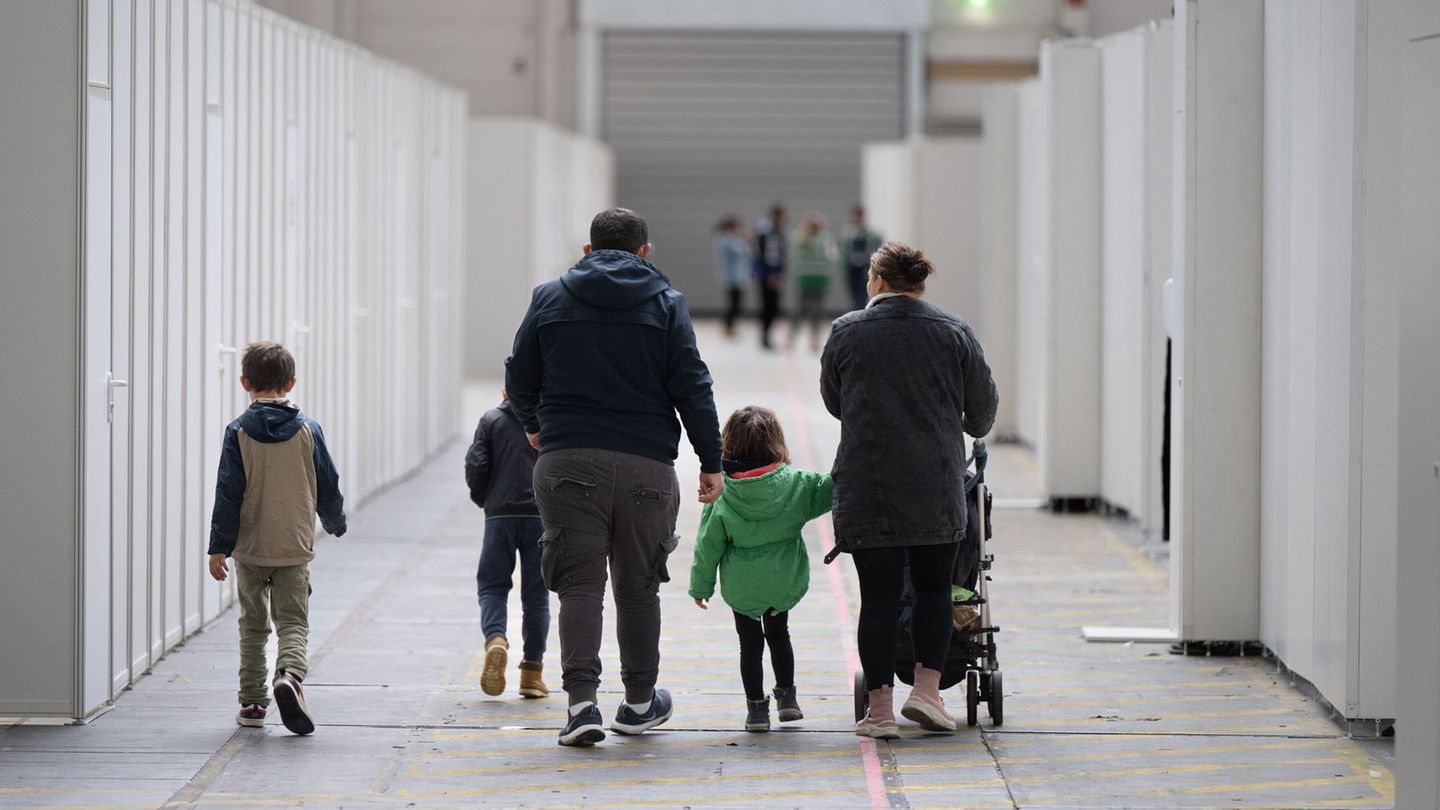Because of the war, millions of tons of grain are stuck in Ukraine and missing from the world market. Aggressor Russia is now announcing a harvest record and sees itself as a problem solver in the global food supply.
Russian President Vladimir Putin is expecting a record wheat harvest this year and has announced an increase in exports.
“According to specialists – these are of course only preliminary estimates – the grain harvest could amount to 130 million tons, including 87 million tons of wheat,” said the Kremlin chief at a government meeting. According to him, that would be a record for wheat.
Russia wants to export more, Ukraine cannot
Russia is one of the largest grain producers in the world with an important role in world nutrition. The situation in the grain stores in Ukraine, which is also one of the most important wheat exporters in the world, is becoming increasingly problematic: “20 million tons of grain have to leave Ukraine in less than three months,” said the EU Commissioner for Transport, Adina Valean. The grain threatens to block the deposits that would be needed for the next harvests. Ukraine is currently unable to export due to the Black Sea ports blocked by Russia.
Putin announced that exports would be boosted again if the harvest yielded the desired result. The record “allows us not only to easily meet our own needs, but also to increase shipments to the world market for our partners, which is important for the global food market,” he said.
Against the background of the Russian war against Ukraine, food prices have risen significantly in recent weeks. Poor harvests are expected in many regions because the sanctions imposed by the West on Russia and Belarus also affect fertilizer exports.
Action plan of the EU Commission
Because of the tense situation, the EU Commission has now published an action plan on how Ukraine’s exports can be sold overland. Goods such as humanitarian aid are also to be brought into the country via so-called solidarity traces. Among the challenges is that Ukrainian wagons are not compatible with most of the EU rail network, so most goods have to be transhipped onto trucks or other wagons. In addition, there are only a few facilities at the borders for this time-consuming process.
The EU Commission is now calling on private and government agencies to make more vehicles available and set up a logistics platform to coordinate processes. Food exports from Ukraine should be given priority, and EU states are also called upon to provide customs and other bodies with sufficient staff and “to exercise a maximum of flexibility”.
The tense situation on the agricultural markets is also the focus of a meeting of the G7 agricultural ministers in Stuttgart this Friday and Saturday. Federal Minister Cem Özdemir (Greens), as host, said at the weekend that a signal should go out: “The ranks for secure food worldwide and for free trade are closed.” The Ukrainian department head is also expected. The G7 group includes Germany, Canada, France, Italy, Japan, the USA and Great Britain.
Source: Stern
Jane Stock is a technology author, who has written for 24 Hours World. She writes about the latest in technology news and trends, and is always on the lookout for new and innovative ways to improve his audience’s experience.




